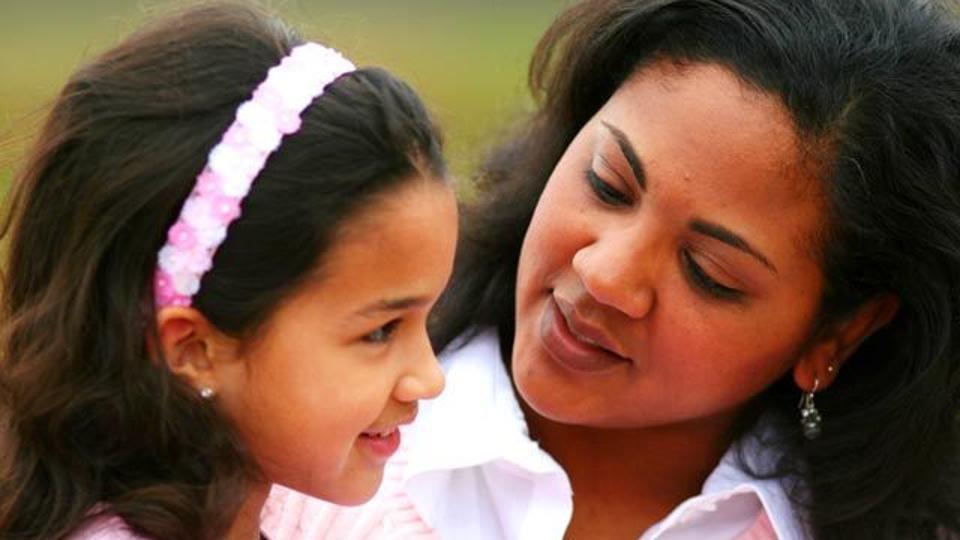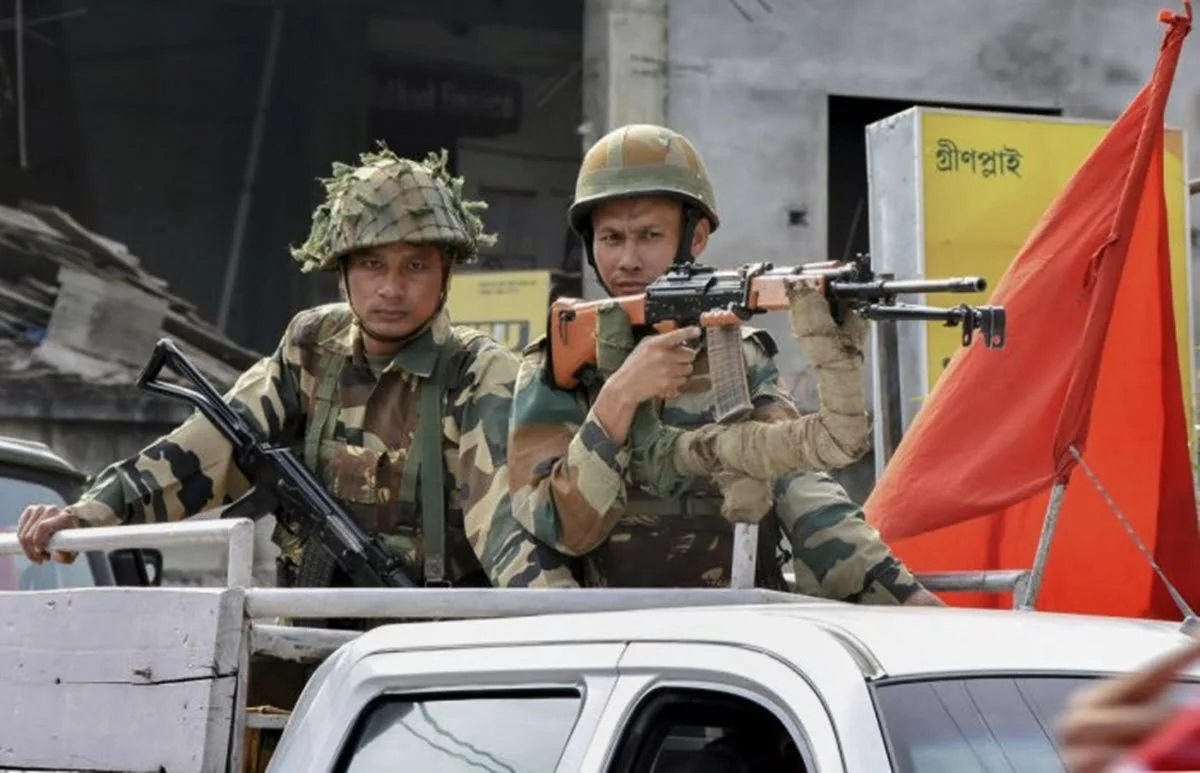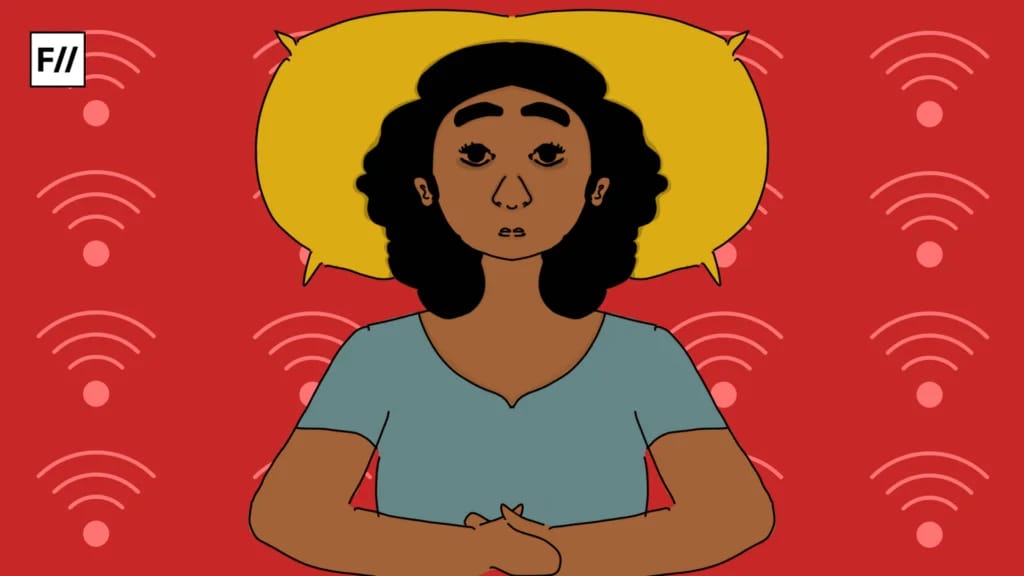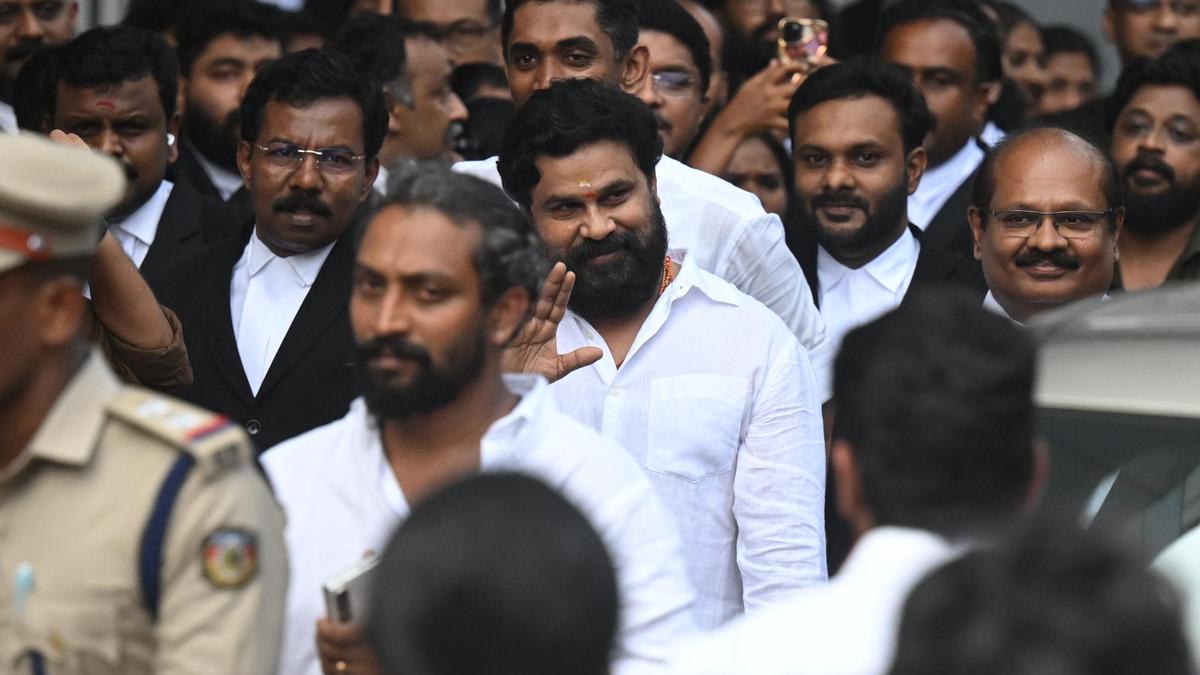Talking about child sexual abuse has become increasingly easy for me, but the uncertainty of whether to appraise it in a positive or negative manner still persists, primarily because the empathy and acceptance mostly comes from people in my surrounding who’ve been subjected to similar experiences. The appalling presence of this phenomenon and still, the lack of attention it receives makes you question the investment of the state and parents in the well-being of their children, one of the most vulnerable people of our society.
In a study conducted in 2007 by Ministry of Women and Child Development in India which covered 13 states, it was found that 21% of the participants were exposed to extreme forms of child sexual abuse and half the participants were exposed to other forms of child sexual abuse.
This abysmal state of affairs and lack of consideration is the direct result of collective apathy practiced by all sections of the society. Through this article, I’m going to talk about my own experiences with child sexual abuse and how a few changes could’ve considerably altered my experiences.
This is not a survivor story, rather an analysis of the enabling factors of child sexual abuse.
I come from an upper-caste, middle-class orthodox family, where the roles of oppressors and oppressed were rigidly defined and adhered to. I learnt my place in my house and the silence that was expected from me from a very early age, certain things such intimacy, questions relating to one’s sex organs, the 5 day period breaks that our mothers took were not be discussed. These topics were often hushed or shrugged off with apparent displeasure by adults.
I learnt my place in my house and the silence that was expected from me from a very early age.
The overt shame associated with these topics ensured the silence that followed when I was first molested at the age of 6 by my 14 year-old cousin. The lack of discussion about good touch and bad touch made me to believe his statement of it was a new game. After a couple of days and a few more instances, I soon realised that this wasn’t a game because of the clear “bad” sexual nature of it. I immediately felt ashamed of my body’s vulnerability, and the abuse it went through.
As a child, I was warned that bad people from the outside world could kidnap you, steal from you, or even poison you, but the warning that someone from my family or even outside world could touch me without my permission was never discussed.
The particularity of this abuse made me feel isolated, as if I was the only person in the world to have gone through this. The intense hatred for my body and abuser was displaced and manifested as angry outbursts and anxious behaviour, which empowered my abuser even more, I was the classic case of an angry, unstable, outspoken child who invites trouble and does not stay in her boundaries.
The lack of fear in his and his male cousins’ action scared me into believing that this was clearly something I had invited, their conviction fed my guilt and fear of being the propagator of abuse.
The intense hatred for my body and abuser was displaced and manifested as angry outbursts and anxious behaviour.
The silence was not only kept because of the fear of disbelief or harm that might ensue, but also by the lack of belief in my own narrative, induced by the early misogynist learning that bad things happen to bad women/girls.
Discussions about our bodies were centred around policing our clothing from an early age to keep the pride of the family intact. It was made sure that none of the girls dressed in clothes that were “provoking”. As a 6-12 year old child, I did not want to be that “bad” girl who had been touched in “bad” places. I witnessed the shaming of women who transgressed the traditional clothing or work standards and so, my guilt was rooted in my own body and actions.
The abuse continued for six years, until it finally stopped because of angry outbursts, and increasingly growing outspokenness. Apart from his sister, who used to be a great friend of mine, I still haven’t told anyone from my family about the abuse. Her disbelief in my experiences, and doting love for her brother showed how imperceptive our families can be to the threats that existed within our households. I wish I could come out about this to my family, but I still fear that my narrative will be met with disbelief and shame because of the general perception that my family has of me.
This person has not been the only abuser I’ve faced since childhood, there have been several instances where other relatives tried to do the same to me, with the assurance that a child’s silence, lack of understanding, and the obedience to elders regardless of their actions would protect them.
The problem itself did not originate or persist because of one particular reason. Rather, multiple problematic ideas reinforced persistence of the abuse. Since there is no one problem that leads to sexual abuse, there is also no singular solution to it. It is a collective struggle that everyone from family, school, law-makers, and social workers must partake in.
More awareness and consideration on my parents’ or school’s part could’ve significantly altered my life. The remnants of the abuse still persist as multiple mental illnesses and with increasing introspection and therapy, one can trace the origins of irrational fear and threats to the abuse. The abuse has significantly altered my perception of the world, and I wish we could at ensure everything on our part to avoid, if not end the abuse.
More awareness and consideration on my parents’ or school’s part could’ve significantly altered my life.
There are innumerable resources available online about child sexual abuse and how to sensitize children, as well as adults about it. There are laws in India under POCSO (Protection of Children from Sexual Offences), that solely focus on protection of children against child sexual abuse. There also exist multiple NGOs that work with victims of CSA, and do whatever they can in their capacity to build a safe environment and holistic understanding of the issue.
The least guardians could do to ensure personal safety and awareness, is open a discourse around child sexual abuse in their homes. According to Parent’s Protect, an organization working to spread awareness about child sexual abuse, parents can identify symptoms of abuse such as:
- Nightmares, sleeping problems
- Becoming withdrawn or very clingy
- Becoming unusually secretive
- Sudden unexplained personality changes, mood swings and seeming insecure
- Regressing to younger behaviours, e.g. bed wetting
- Unaccountable fear of particular places or people
- Outburst of anger
- Changes in eating habits
- New adult words for body parts and no obvious source
- Talk of a new, older friend and unexplained money or gifts
- Self-harm (cutting, burning or other harmful activities)
- Physical signs, such as, unexplained soreness or bruises around genitals or mouth, sexually transmitted diseases, pregnancy
- Acting out in an inappropriate sexual way with toys or objects
- Running away
- Not wanting to be alone with a particular child or young person
One also needs to ensure that the child is not exposed to any harm by making conscious changes in the way discussions about touch, boundaries, and sex organs take place.
- Educate your child about their private parts and personal boundaries, introduce the concept of their autonomy over their own body. The respect for adults is not unconditional and based on their age, rather their actions. They don’t need to give into demands of hugs or kisses or any other touch they find undesirable.
- There are certain parts of your body such as chest, your buttocks, the penis or the vagina that no one is supposed to touch, or you should be told to touch (unless it is for medical reasons, under adult supervision.) Correctly naming these organs ensures that the child is able to express what has happened to them with clarity.
- Let the child know that it is okay to ask questions about anything.
- Establish a safe word that a child may use in situations that he or she feel threatened.
- Let children know that the abuser can be a person of any age, and that the touch might even feel ticklish, but that doesn’t mean it is not a bad touch.
- Abuse goes beyond touching, one may also ask to be touched or coerce the child into showing their sex organs or photograph them.
- Teach the child to evade or scream in a situation where they feel threatened and report to a trusted guardian such as a parent or teacher as soon as possible.To initiate this conversation, one needs to establish a bond of trust and safety with the child, and reassure them that there will be no shame or reprimand associated with discussion or disclosure of such an incident.
Beyond home, the legal mechanisms under POCSO Protection of Children from Sexual Offences in India have initiated effective legal procedures to deal with cases of child sexual abuse.
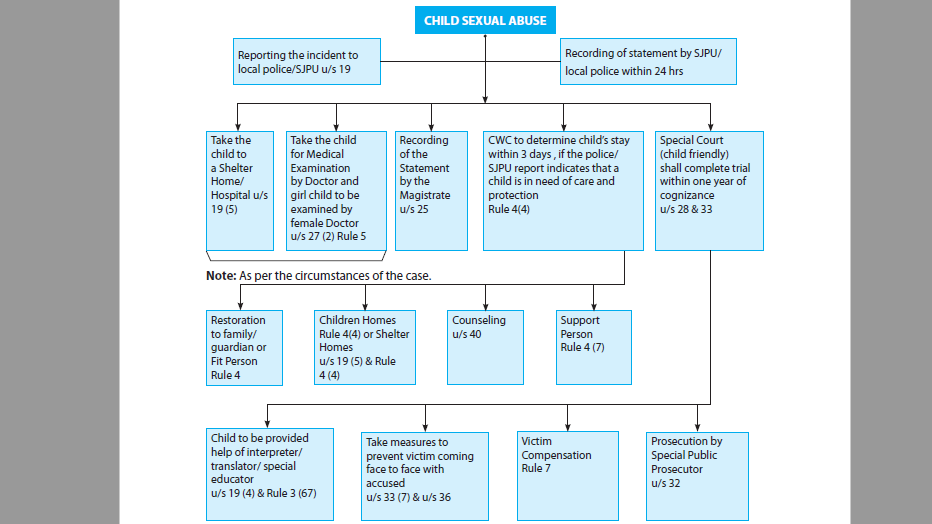
Figure 1: POCSO Handbook
These are the collective reforms that we can equip ourselves with in our immediate environment. I will here also provide a list of NGOs that work with victims of child sexual abuse, and resource websites for the same.
Organisations
- TULIR aims to participate in local, national, and international measures to protect and promote child rights through several interventions such as research, documentations, workshops etc.
- RAHI Foundation focuses on women survivors of Incest and Child Sexual Abuse (CSA). RAHI’s work includes support and recovery through the distinctive RAHI Model of Healing; awareness and education about Incest/ CSA; training and intervention; and research and capacity building – all established within the larger issue of social change.
- Arpan is currently working in Mumbai and Thane in Maharashtra with a child centric model of intervention in the area of child sexual abuse (CSA) with a balanced emphasis on prevention and healing components.
Online Resources
Featured Image Credit: Shutterstock
